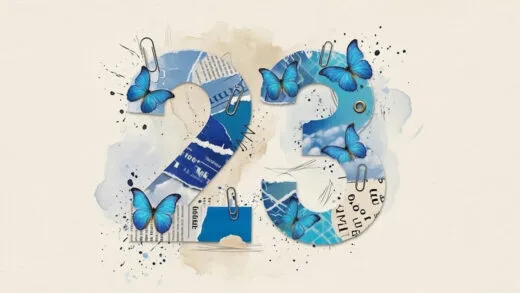Private Carter stepped aside, unneeded. Nyla knelt on one knee in the soft grass, holding the tensioned straps of General Alan Strickland’s knee brace with both hands—steady, calm, sure. Around her, other soldiers paused their drills. Some whispered, others stared, unsure of what they were witnessing. General Strickland, silver-haired and stone-faced, sat in his wheelchair, stiff in his dark navy dress uniform.
His hands rested on his thighs, unmoving. His expression was unreadable, though everyone knew his story. Fifteen years ago, during a covert deployment overseas, his convoy was hit. The medics called him lucky to survive; the spinal damage was permanent. «No chance of recovery,» they said, except for the chair. So he lived in it.
But Private First Class Nyla Carter, new to the base, didn’t see him as a myth. She saw him as a man. «I reviewed your files,» she said quietly, adjusting the side strap with care.
«Your scans, the scar tissue, the surgeries,» she continued.
«You had no clearance to do that,» the general said flatly.
«I had need,» she replied.
A murmur rippled through the soldiers. Nyla, in her mid-20s, slim, with black hair pulled tight beneath her cap, wore new camo fatigues and unscuffed boots. She had no rank beyond private, no stripes, just unflinching eyes.
The general narrowed his gaze. «You think I haven’t been examined by the best?»
«Sir,» she said evenly, «sometimes the best get tired of trying. I haven’t.»
He stared at her, a slow burn rising in his chest. «You’re out of line, soldier.» But her hands stayed on the brace.
«With respect, sir, your gluteus and quad muscle groups have residual activity,» she said. «Minimal, yes, but measurable. Your lower motor neurons still fire. There’s a pathway—weak, but alive.»
He blinked. His doctors hadn’t mentioned that in years. Most had stopped discussing possibilities, managing only pain, medication, and logistics.
«You’ve built a life around the chair. I get it,» Nyla said, tightening the final strap. «You’ve led from it, commanded from it, earned medals from it. But, sir, you haven’t finished what your body wants to do.»
A long silence stretched. In the background, push-ups continued, and cadets barked drills. But this part of the field stood still.
Strickland’s jaw worked, his hands tightening slightly on his thighs. «You think I haven’t tried to stand?»
«I think you haven’t tried again,» she replied, meeting his eyes, «not since someone told you to stop hoping. That someone wasn’t me.»
His breathing grew steady but deep. «You presume a lot for a private.»
She rose to her feet, not with arrogance, but with conviction. «I was a neuro-rehab tech before enlisting,» she said. «My unit specialized in retraining damaged systems. I’ve seen limbs move after years of silence.»
«And you think my spine will obey you?» he said dryly.
«I think your mind already has,» she replied. «Your body’s waiting for permission.»
It wasn’t flirtation or arrogance—it was truth. It hit him harder than any speech since the injury. He wanted to scoff, to dismiss her like the others. But something in her steadiness stopped him. She wasn’t trying to impress anyone. She had stepped in quietly, precisely, touching a part of him buried long ago—the part that wanted to walk, not for pride, but for himself.










